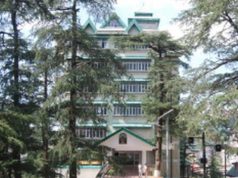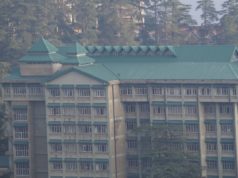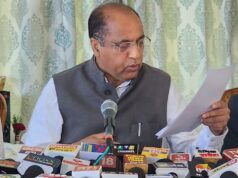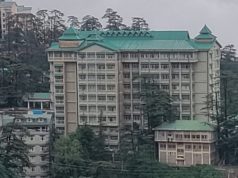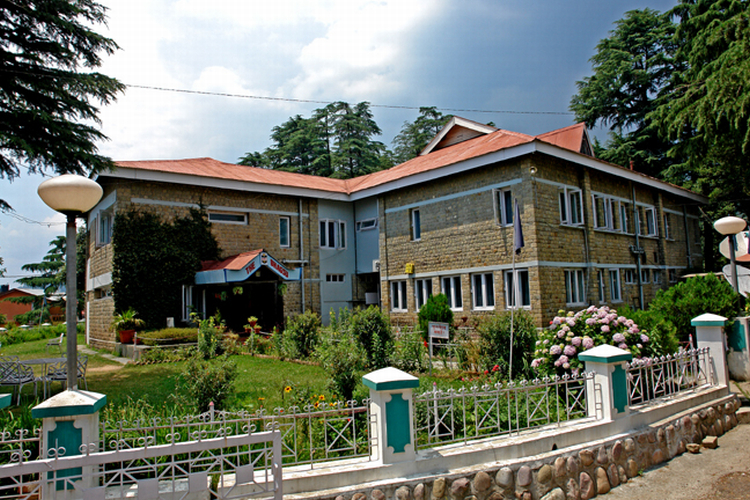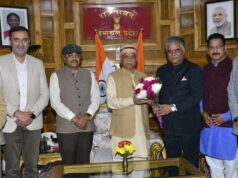Shimla – In a landmark decision, the Himachal Pradesh High Court has repealed the Chief Parliamentary Secretary (CPS) Appointment Act, rendering the appointment of CPSs unconstitutional. The court’s ruling effectively abolishes all facilities and privileges associated with the CPS role, reducing the six current CPSs to their previous positions as Members of the Legislative Assembly (MLAs).
The judgment came in response to multiple petitions, with the earliest filed in 2016 by the People for Responsible Governance organization, followed by another petition from Kalpana and a third by BJP leader and former CPS Satpal Satti, alongside 11 other BJP MLAs. At the heart of the petitions was the constitutionality of the Himachal Pradesh Parliamentary Secretary (Appointment, Salary, Allowances, Powers, Privileges and Facilities) Act, 2006. The Act allowed the ruling governments to appoint MLAs as CPSs, a practice followed by both the previous BJP government and the current Congress administration.
In its decision, the court ruled that the 2006 Act was beyond the legislative capacity of the Himachal Pradesh state legislature. The court further declared that the appointments of CPSs were illegal under the Himachal Pradesh Legislative Assembly Member (Disqualification Prevention) Act, 1971, specifically referencing section 3(d) of the Act. According to the court, the continuation of CPSs in these roles was both “illegal” and “unconstitutional.”
“The appointment of Chief Parliamentary Secretaries or Parliamentary Secretaries is declared unconstitutional, and henceforth, the CPSs will not hold their posts,” the court stated in its ruling.
The decision has significant political ramifications, as it disbands a structure that has allowed successive governments to offer senior positions and associated perks to party MLAs. With the repealing of the CPS Act, the six MLAs appointed as CPSs under the current Congress government will now serve strictly as legislators without any additional powers or facilities.
This judgment raises questions about how both the BJP and Congress governments have previously navigated constitutional limits to create these posts. It also emphasizes the necessity of adhering to legislative frameworks when establishing such roles, impacting the broader political landscape of Himachal Pradesh.



